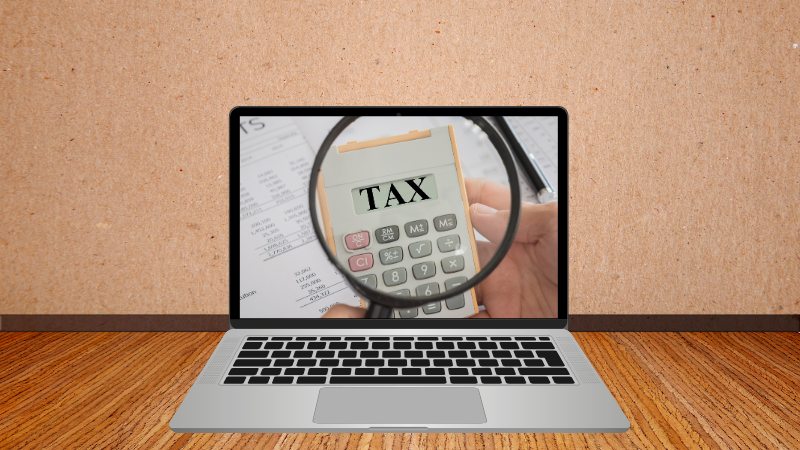
Who Needs a Tax ID Number?
need for a Tax ID number, also known as an Employer Identification Number (EIN). Not every business needs one. For example, if you’re a sole proprietor, you can skip this step. But, there are certain situations where a Tax ID number comes in handy:
– If you want to keep your personal and business taxes separate
– When you’re ready to expand your team and hire employees
– If you’re setting up a Keogh plan (a tax-deferred pension plan)
– When your business needs to pay taxes beyond just income tax
Also, keep in mind that some banks might ask for a Tax ID number when you’re opening a business account, and certain business licenses might require one too.
Tax ID Number vs. EIN
When it comes to a Tax ID number and an Employer Identification Number (EIN), they’re one and the same. The IRS provides this number for your business to handle tax filing. So, if someone asks for your business’s Tax ID, they’re talking about your EIN.
How To Get a Tax ID Number in 3 Steps
Ready to get your business Tax ID number? Here’s a step-by-step guide:
Step 1: Register Your Business With Your State
Before you can apply for a Tax ID number, you need to register your business with your state. The online application will ask for details like your formation date, legal business name, address, and the state where you’re registered.
Step 2: Gather Necessary Information
You’ll need to have some information about the business owner and the business itself before you can proceed with the application. This includes details like the name of the business, the person responsible for the business, the personal tax identification number of the individual responsible for the business, the business mailing address, the type of business entity, the state registered in, the date the business was legally formed, the number of employees you expect to be on the payroll in the next 12 months, the date you started paying wages, if any, and the type of business entity.
Step 3: Submit Your Application
Once you’ve gathered all the necessary information, you can fill out the online application through the IRS website. After your information is validated, you can submit your application and immediately receive your business tax identification number in a PDF from the IRS.
Bottom Line
While a Tax ID number isn’t a requirement for every business, most will find it beneficial. Whether you’re planning to hire employees, open a business bank account, or file taxes separately from your personal taxes, a Tax ID number can make these processes a whole lot smoother and more efficient.



